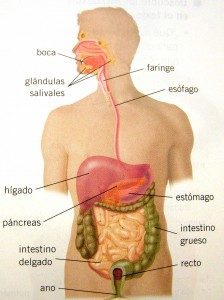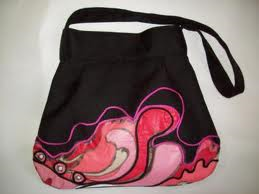 The noun makes it possible to identify things, such as a person, an animal or a lifeless element, as well as thoughts and physical spaces, for this reason different classifications are expressed according to what one intends to refer to.
The noun makes it possible to identify things, such as a person, an animal or a lifeless element, as well as thoughts and physical spaces, for this reason different classifications are expressed according to what one intends to refer to.
Grammar: class of words that are the subject of a sentence and identify people, things, animals
The most widespread use that the word has is given at the request of the field of Grammar and refers to that class of words that can be the subject within a sentence and that also allows to identify or name a person, a thing, an animal, among others. It comprises a category within the grammar that is used to designate all kinds of subjects or objects.
The noun is also known as a name because that is precisely one of its primary functions: naming various types of beings. There is a varied universe of nouns that we will take care to detail below with their corresponding function.
Classification of nouns
Proper nouns are those that are used when specifically naming a person or an object
"Maria", "Europe", "Italy" are proper nouns. One of the salient characteristics of these is that they must always be written with a capital initial letter. Failure to observe this spelling rule implies incurring a spelling error.
Another class are the "common nouns", which are those used to call in a general way every person, object or animal
"Dog", "man", "house", "computer" are some examples of these nouns. Normally we use them to designate all those things, people that are used and found on a daily basis. The fact that they are common nouns is given because they are things and people that have characteristics that are shared by others, that is, there is an issue that links them.
Meanwhile, the main difference that they present with the previously mentioned, proper nouns, is that the latter denominate something unique and not common. María is a proper noun because it is unique, while the cat is a common noun that designates a type of domestic mammal with certain characteristics. Now, if we say the Mora cat, we will be talking about a particular and unique cat.
For their part, abstract nouns will be those that respond to ideas or feelings
Our senses cannot perceive them, such is the case of joy, passion, hatred, happiness, among others. On the other side are the concrete nouns that are perceptible by our senses, such is the case of a "table", a "chair", a "sheet of paper", among others.
Accountants and non-accountants
The first ones are those that are plausible to be enumerated: three chairs, four tables, six pencils, while the non-countable ones cannot be enumerated in any way.
Individual and Collective
They are another class that names those who are in charge of naming a particular being and those who designate beings that include others of the same class, respectively. Thus, dog will be an individual noun that calls a special being, and pack will be a collective noun because it names all dogs.
Derivatives and Primitives
The former understand those that derive from another word, for example "seafood restaurant", which comes from "shellfish"; and for their part the primitives do not come from any other word, "classroom" for example.
In another interpretation, we appreciate the term as a tool to distinguish something that has real, independent and individual existence
When you want to realize that something presents real, independent and individual existence it is said to be a noun.
Importance of something or someone
And also, if the intention is to refer to the essentiality or immense importance of something or someone the word noun will be used to refer to it. For example, "the new findings of the investigation were substantive to advance it and get closer to the culprit."









